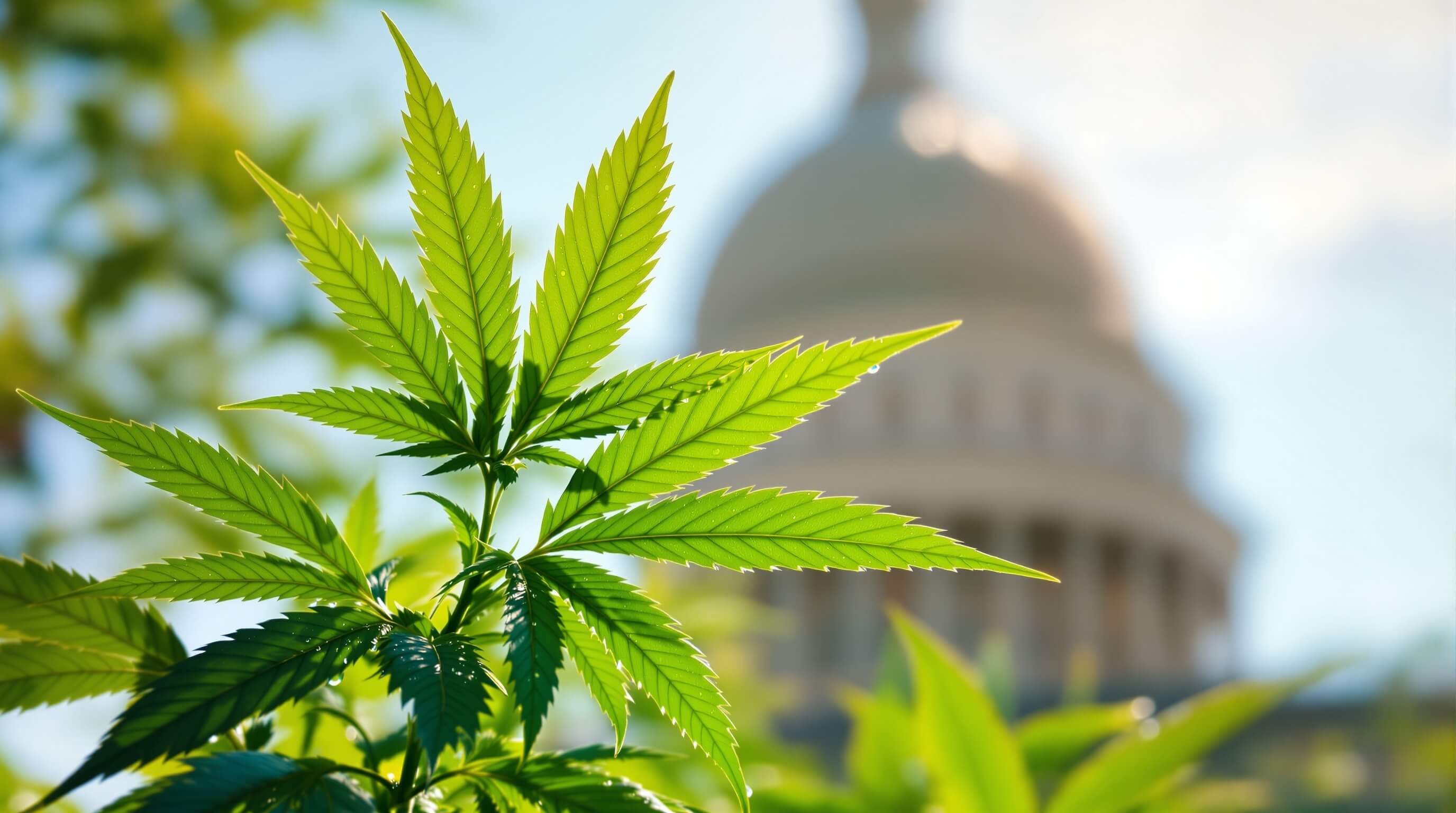As the federal marijuana rescheduling process remained stalled in March 2025, the cannabis industry and reform advocates continue to await a decision that could reshape the regulatory landscape for state-licensed businesses across the country. The Drug Enforcement Administration’s rescheduling process has entered a holding pattern, with a postponed administrative hearing creating uncertainty for Chicago’s cannabis operators and the broader Illinois market.
The journey toward potential rescheduling began gaining momentum when the Department of Health and Human Services recommended moving marijuana from Schedule I to Schedule III in August 2023, formally recognizing its medical use. The Department of Justice’s Office of Legal Counsel later affirmed this recommendation in April 2024, followed by the Attorney General’s proposed Schedule III rule in May 2024. However, numerous hearing requests and legal challenges have complicated the timeline, with the original January 2025 hearing date pushed back due to unresolved appeals.
Federal rescheduling momentum has stalled amid legal challenges and postponed hearings, leaving the cannabis industry in regulatory limbo.
For Chicago’s cannabis businesses, the most immediate impact of rescheduling would involve significant tax relief. Moving marijuana to Schedule III would eliminate Section 280E of the Internal Revenue Code, which currently prevents cannabis companies from claiming standard business deductions and credits. This change could dramatically improve profit margins for licensed operators throughout the Chicago area, potentially allowing them to reduce consumer prices while increasing investment in their operations.
However, rescheduling would not address all essential challenges facing Illinois cannabis businesses. Federal banking restrictions would largely remain in place until broader legalization occurs, meaning most major financial institutions would continue avoiding cannabis clients. Additionally, rescheduling to Schedule III would not legalize state-licensed cannabis businesses at the federal level, requiring Congressional action for complete federal-state alignment. According to recent data, only 831 financial institutions currently serve cannabis businesses nationwide, leaving most operations dependent on cash transactions.
The medical cannabis landscape would also experience limited immediate changes. While Schedule III classification acknowledges marijuana’s accepted medical use, the FDA approval process for cannabis-derived prescription drugs remains expensive and time-consuming, typically requiring a decade and hundreds of millions in development costs. Illinois medical cannabis programs would likely continue operating under current state frameworks while federal pharmaceutical pathways develop separately.
Criminal justice implications remain unclear, as rescheduling alone would not automatically expunge existing marijuana convictions or reduce penalties for unauthorized possession and distribution. Cannabis would remain controlled under the Controlled Substances Act, preserving federal enforcement authority over non-compliant activities. The potential policy shift could reduce bias against medical cannabis patients in critical areas like child custody, employment, and organ transplant eligibility.
Despite these limitations, Chicago’s cannabis industry views potential rescheduling as a pivotal step toward normalization. The removal of punitive tax burdens could strengthen the competitive position of licensed operators against illicit markets, while improved access to capital and insurance might emerge if financial institutions gradually loosen their restrictions following any rescheduling decision. The DEA received over 42,000 public comments during the rulemaking process, reflecting widespread interest in the potential policy change.









